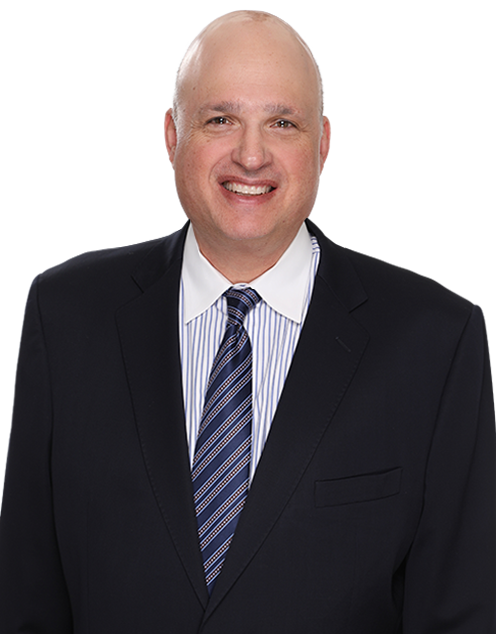Practices
Related Practices
Horvitz & Levy obtained the complete reversal of a $3.3 million judgment in a FEHA discrimination and hostile work environment action, with the Court of Appeal directing the trial court to enter judgment in Horvitz & Levy’s client’s favor. The court ruled the plaintiffs had failed to exhaust their administrative remedies under FEHA, and the jury’s finding of negligent supervision was not supported by substantial evidence.
Defendant Memorial Psychiatric Health Services (MPHS) managed a behavioral health unit at a codefendant’s hospital. Defendant Memorial Counseling Associates Medical Group, Inc. (MCA), a medical group affiliated with MPHS, provided psychiatric services to the unit’s patients. An MPHS employee supervised the unit. Plaintiffs were nurses and a behavioral health worker employed by the hospital.
Plaintiffs were fired following reports they had unlawfully restrained a patient without a doctor’s order and without documenting the file. Plaintiffs filed an administrative complaint against the hospital and MCA only, and then sued the hospital, MCA, and MPHS, alleging negligent supervision and several FEHA discrimination claims based on allegedly improper conduct by plaintiffs’ supervisor. At trial, the jury found against the hospital and MPHS, resulting in a judgment against them for $3.3 million. However, the jury found in favor of defendant MCA. Following that verdict, the trial court rejected plaintiffs’ argument that the two companies were alter egos.
Horvitz & Levy represented MPHS in its appeal of the judgment, and MCA on plaintiffs’ cross-appeal. The Court of Appeal reversed the judgment against MPHS with directions to enter judgment in its favor. Agreeing with Horvitz & Levy’s arguments, it held plaintiffs had failed to exhaust their administrative remedies because they were on at least inquiry notice that MPHS ran the unit and employed plaintiffs’ supervisor, and therefore had an obligation to timely name MPHS in their administrative complaints before filing a lawsuit. The court also held that no substantial evidence supported the jury’s finding of negligent supervision because all complaints about the supervisor’s conduct were received after plaintiffs had been discharged. Finally, the court rejected plaintiffs’ arguments that MPHS and MCA were joint venturers or alter egos, and so affirmed the judgment in favor of MCA.



